The Spanish Society for the History of Psychology is happy to announce its XXXII Symposium, to be held in Madrid from May 8 to May 10, 2019. The Symposium will be hosted by the Department of Basic Psychology I at the National University for Distance Education (UNED).
Proposals for oral presentations and posters, as well as panels or monographic sessions on any aspect of the history of the human, behavioral and social sciences will be welcome.
Particularly encouraged this year are submissions dealing with the following issues:
History of clinical psychology
History of emotions
History of women
History of aesthetic and ludic experience
History of subjectivity
History of psychoanalysis
History of social psychology
Centennial of José Luis Pinillos’ birth (1919-2019).
Keynote lectures
Ana María Talak (Universidad Nacional de La Plata)
The institutionalization of the History of Psychology in Argetina: Achievements, projects and challenges of its production at Latin American and international levels.
Dau García Dauder (Universidad Rey Juan Carlos, Madrid)
Feminisms as epistemic correctives in psychology and its history.
Susana Gómez López (Universidad Complutense de Madrid)
The oneiric origins of modern reason: About Descartes’ dreams.
Submissions
Proposals should be written in Spanish, English or Portuguese and include the name, email and institutional address of first authors. They should contain also a clear indication of the type of submission proposed: oral presentation, poster or panel (monographic session).
Proposals for oral presentations should contain a 750-word abstract, including a short bibliography. They should be informative enough to enable the Scientific Committee to do its evaluative task properly.
Proposals for panels (monographic sessions) should contain a 500-words rationale, including a short bibliography, plus a brief abstract of some 300 words for each of the contributions submitted. Panels should consist of 3 to 5 contributions.
Proposals for posters should contain a 300-word abstract, including a short bibliography.
Proposals should be emailed in this Word format form to sehp2019@gmail.com not later than March 1, 2019.
Acceptance of proposals will be confirmed by March 18, 2019. By April 8, a provisional program will be made available.
Travel stipends
A limited number of travel stipends will be provided by the SEHP to students contributing to the Symposium and duly applying for them. Registrations should be sent to sehp@sehp.org by April 6, 2019. Registration requirements can be found on the SEHP’s blog.
Awards
Those students wishing to submit their research papers to the SEHP’s «Juan Huarte de San Juan» and/or «Antonio Caparrós» awards are kindly requested to send their manuscripts to the SEHP’s mail address: sehp@sehp.org. Requirements can be consulted at the SEHP’s website.
Symposium venue
All scientific sessions will be held at the UNED Associated Centre «Escuelas Pías» (Assembly Room), in 14 Tribulete street (district of Lavapiés), Madrid.
Organizing Committee
Enrique Lafuente, José Carlos Loredo, Jorge Castro, Noemí Pizarroso and Cristina Orgaz (Department of Basic Psychology I, UNED).
Scientific Committee
Noemí Pizarroso (National University for Distance Education, UNED), Gabriel Ruiz (Sevilla University), Juan Antonio Vera (Murcia University), Silvia Levy (Higher Council for Scientific Research, CSIC), Arthur Arruda Leal (Río de Janeiro University).
Fees (in euros)
| UNTIL MARCH 25, 2019 | AFTER MARCH 25, 2019 | |
| SEHP MEMBERS | 100,00 | 125,00 |
| NON MEMBERS | 125,00 | 150,00 |
| STUDENTS AND OVERSEAS TRAVELLERS* |
40,00 |
50,00 |
* Last year, an agreement of bilateral collaboration was established between the SEHP and the Chilean Society for the History of Psychology. It is our hope that this kind of agreements may be extended to other akin Societies. Those of you willing to benefit from this modality, please contact the Secretary of the SEHP sehp@sehp.org for further information.
Social program
There will be a Closing Dinner on Friday May 10, 2019 (price not included in the registration fee). The Closing Dinner will take place at Taberna La Rayuela (Morería street, nº 8, 28005, Madrid). Its price will be 25€. Those wishing to attend the Symposium Closing Dinner should have paid for it in advance, together with the registration fee.
On Thursday 9, a cultural evening walk through the Lavapiés district (the coolest neighbourhood in the world, acccording to Time Out magazine) has been organized under the expert guidance of the collective of cultural mediation La Liminal. A maximum number of 20 participants will be admitted, at the cost of 3 euros per person (to be paid together with the conference fee, too). Should there be more people interested, a second walk can be held also on Saurday 11 morning (from 12 to 13 approx.).
Payment
Payments should be addressed to UNED Psicología as recipient and made by bank transfer to the following account:
IBAN ES82 0049 0001 5422 1143 8387
All payments should clearly indicate the sender’s first and family name, as well as the concept(s) (Registration fee SEHP 2019 / Closing Dinner / Cultural tour) for which the payment is intended.
The bank transfer receipt should be sent, together with the registration form, to the following address: sehp2019@gmail.com
Dates to remember
MARCH 1, 2019: Deadline for reception of proposals.
MARCH 18, 2019: Confirmation of acceptance of proposals.
MARCH 25, 2019: End of reduced fee.
APRIL 8, 2019. Publication of program.
MAY 8, 2019. Symposium Opening Session.
Collaborating institutions
Department of Basic Psychology I, UNED
Faculty of Psychology, UNED
SEPEX (Spanish Society of Experimental Psychology)
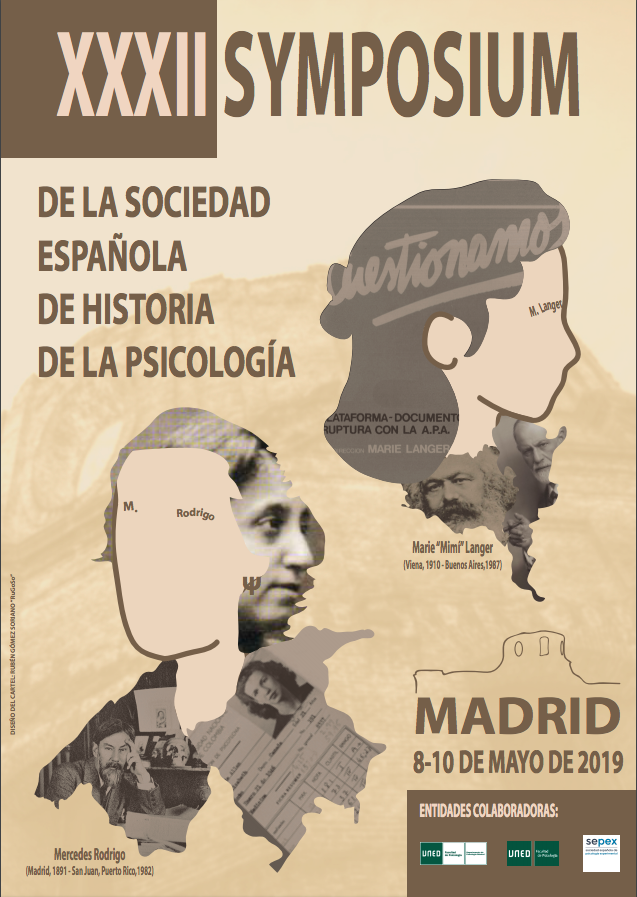
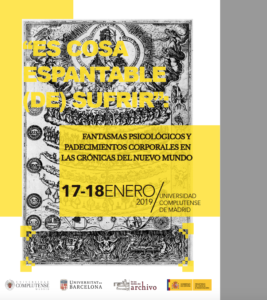

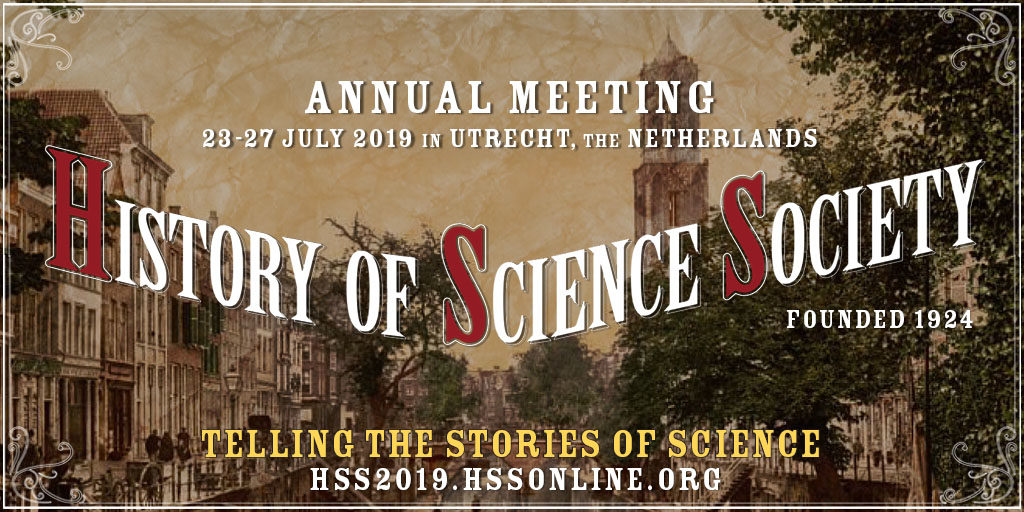
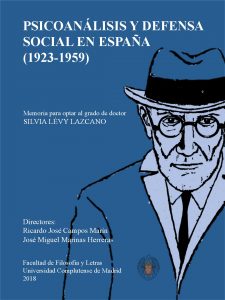
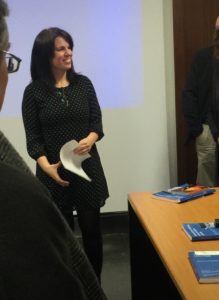
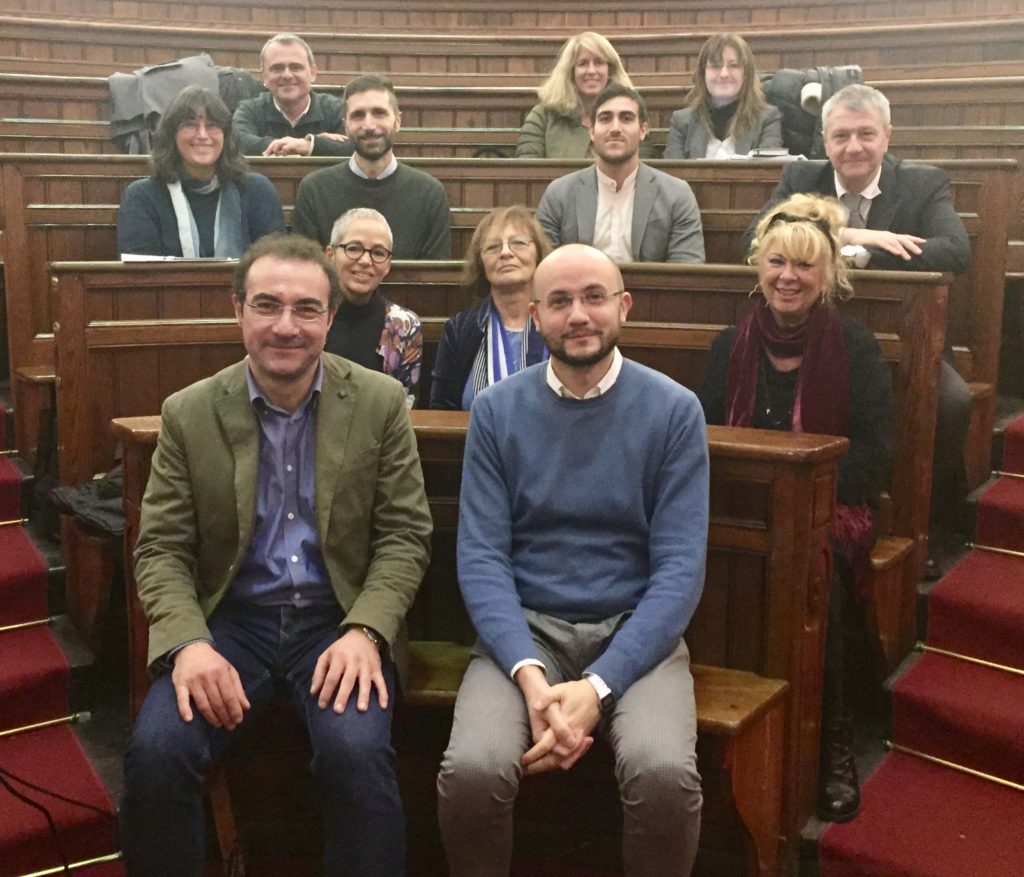
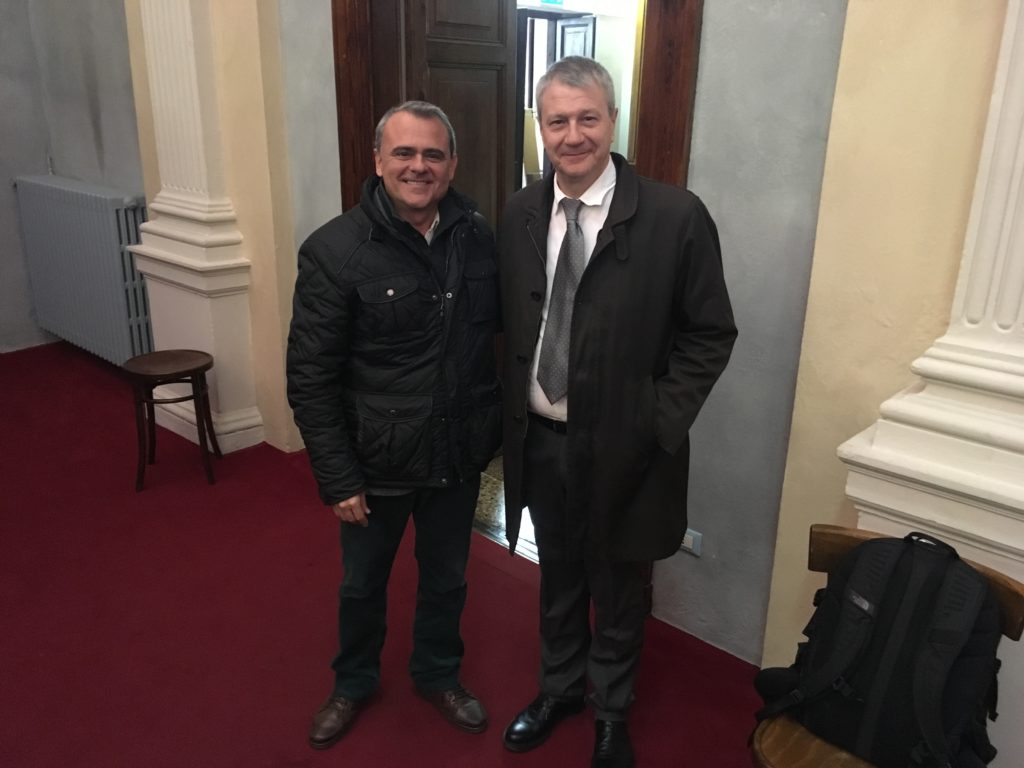 Juan Antonio Vera junto a Mauro Antonelli, primer presidente de la SISP.
Juan Antonio Vera junto a Mauro Antonelli, primer presidente de la SISP.